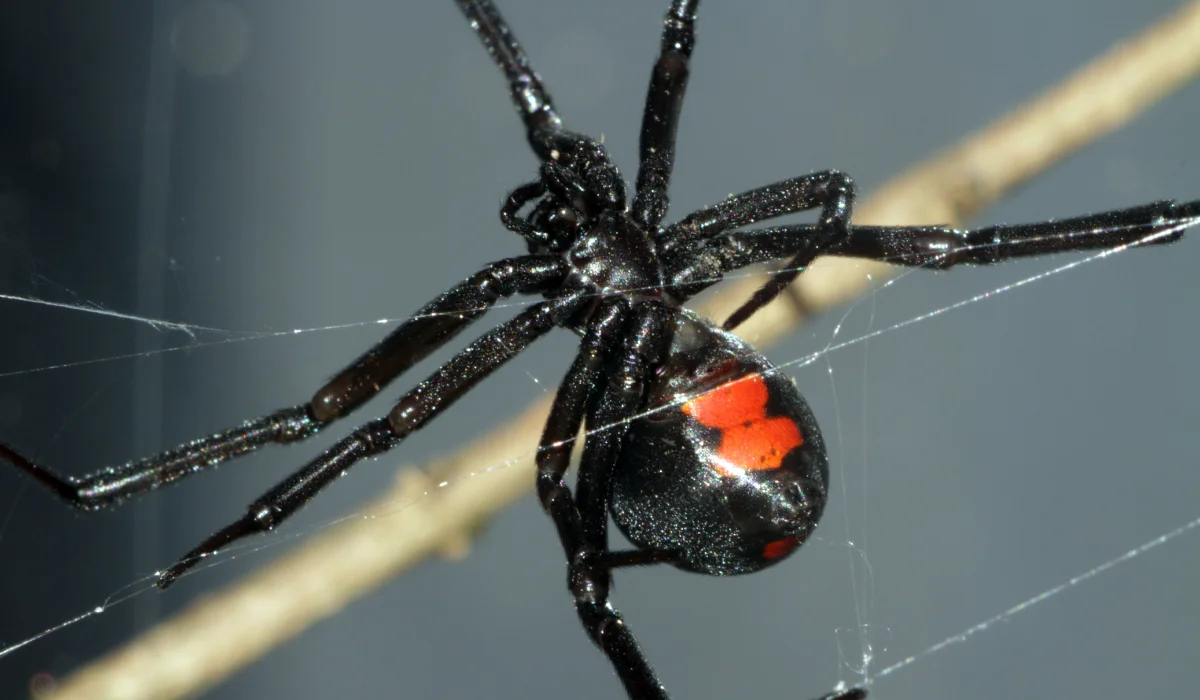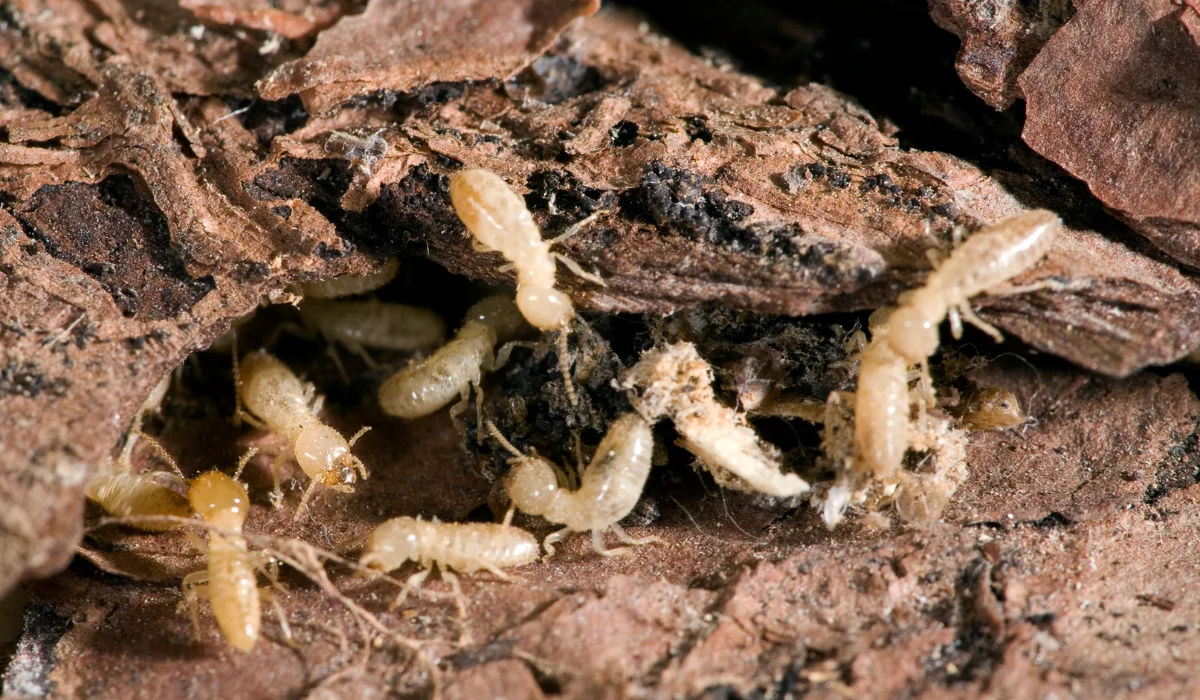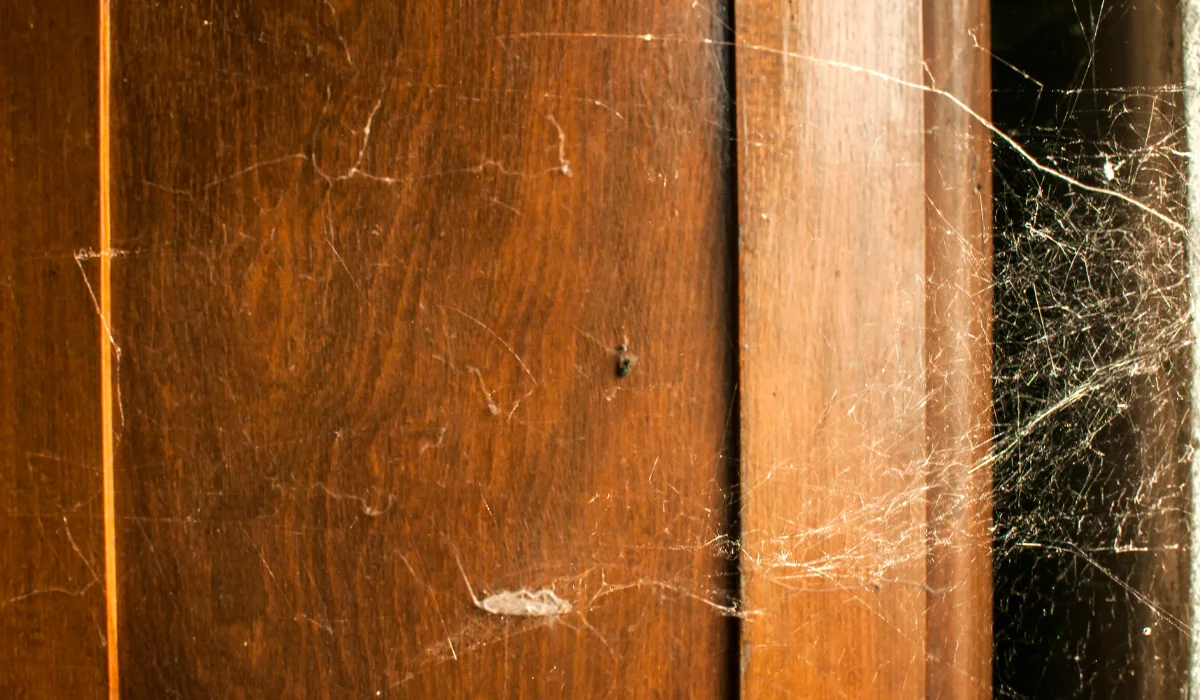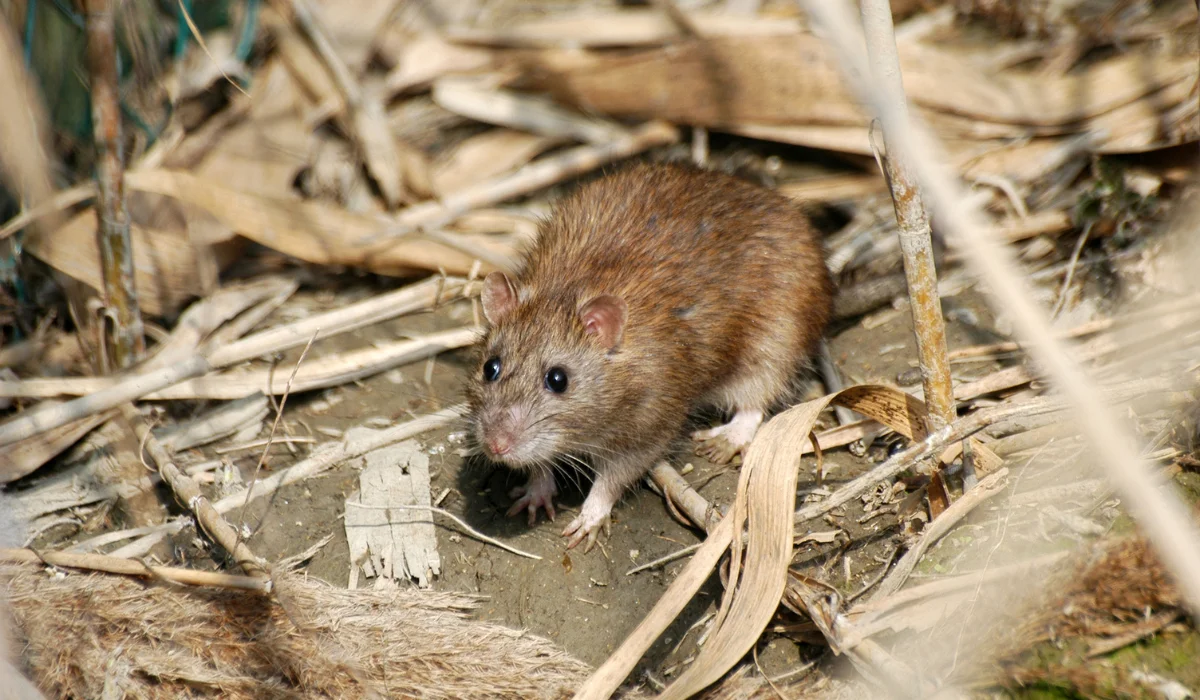With their iconic red hourglass-shaped marking and a reputation for deadly venom, black widow spiders certainly capture our fascination and fear. Despite their fearsome reputation, black widow bites are rarely fatal to humans.
So, what’s the reality behind their venomous bite? Read on to discover the surprising truths about black widow spiders’ actual threat level.
Key Takeaways
- Black widow spider venom can be stronger than rattlesnake venom, but bites are rarely deadly with modern treatment.
- A black widow bite can cause sharp pain, muscle cramps, nausea, and trouble breathing.
- Getting medical help quickly after a black widow bite is important, especially for severe symptoms.
- You can avoid black widow bites by keeping your home clean, wearing gloves in dark places, and removing piles of wood or debris around your house.
ARE BLACK WIDOW SPIDERS DEADLY TO HUMANS?
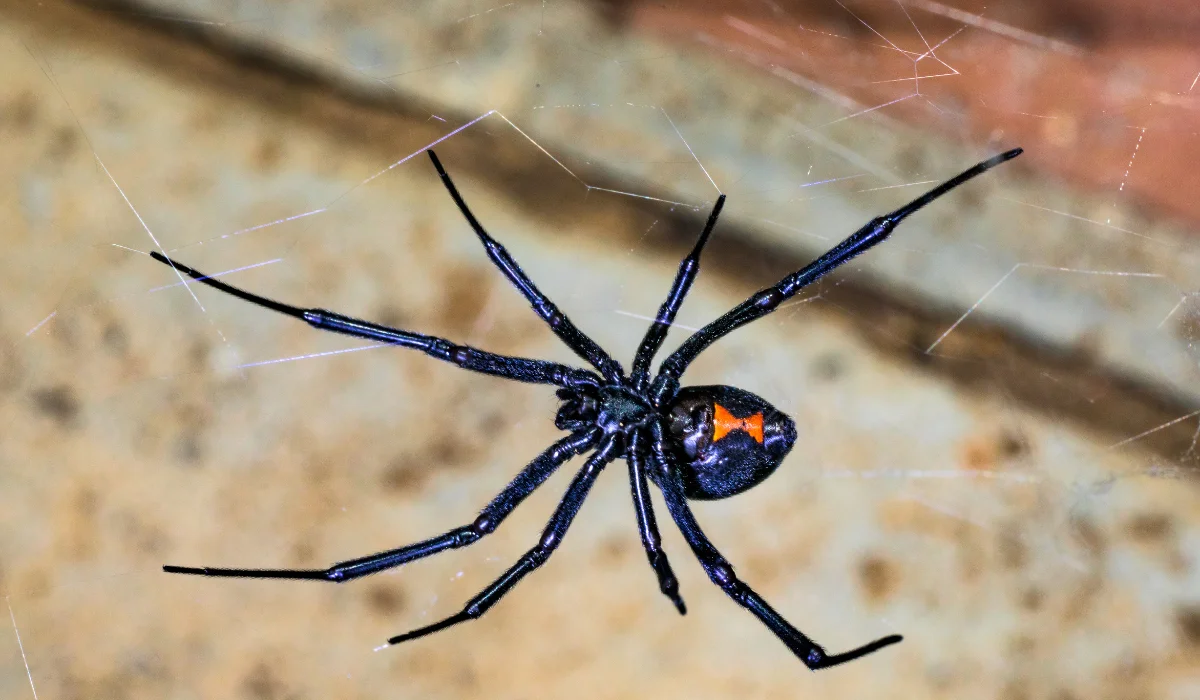
Black widow spiders are known to be deadly spider species. Easily recognized by her shiny black body and red hourglass marking, the female black widow is responsible for almost all bites.
Despite their fearsome reputation, fatalities from black widow bites are rare. Most bites occur in North America, especially in southern regions, where the western black widow is common.
The venom of a black widow spider can be more potent than that of a rattlesnake. But, they inject only a tiny amount. Most people recover with medical treatment, such as antivenom and pain relief.
Prompt treatment ensures most people recover with no long-term effects. Bites may cause severe discomfort but are rarely life-threatening due to modern medical care.
WHAT HAPPENS IF A BLACK WIDOW SPIDER BITES YOU?
A black widow spider bite can trigger various symptoms. The initial reaction often includes sharp pain at the bite site, but more severe symptoms can develop later.
Symptoms of a Black Widow Spider Bite
While male black widows are less likely to bite, female spider bites are more venomous and pose a higher risk of severe symptoms.
The bite usually causes a sharp, pinprick-like pain, like a minor sting at the bite site. Symptoms vary based on the individual’s age, general health, and sensitivity to the venom.
Young children, older adults, or those with preexisting conditions may experience more severe reactions.
Within hours, this can progress to more severe symptoms like muscle pain, particularly in the chest and abdomen. These muscle cramps can be very painful and may feel like a heart attack.
Some people experience more effects, such as high blood pressure, nausea, chest pain, and difficulty breathing. The bite often leaves fang marks surrounded by redness, swelling, and sometimes itching.
Allergic reactions are rare but can occur, requiring immediate medical attention.
If severe symptoms, such as trouble breathing or extreme pain, occur, visit the emergency room. It’s often recommended that you seek medical help.
WHAT SHOULD YOU DO IF A BLACK WIDOW BITES YOU?
Black widow bites are not something you can apply home remedies on. Should you be in such a situation while waiting for healthcare help, here’s what to do.
First, try to stay calm. Panic can worsen symptoms. Next, wash the bite area gently with soap and water to reduce the risk of infection.
Apply a cold pack to the bite area for 10-minute intervals. This can help reduce swelling and numb the pain.
Seek medical attention immediately. If symptoms are severe, such as intense pain, muscle spasms, or cramps, antivenom may be administered.
Calling a poison control center can also provide tailored advice. Keep their number handy for quick reference. They may offer muscle relaxants to ease discomfort, and pain relief medication might be suggested.
HOW TO PREVENT BLACK WIDOW SPIDER BITES
Male and female black widow spiders are commonly found in American climates. To reduce the risk of their bites, common-sense practices and proactive measures are essential.
Inside the Home
While waiting for experts, avoid spraying or removing the spiders on your own. Doing so might make the situation worse by scattering them.
To help keep your home spider-free, follow these safety tips:
- Wear gloves when reaching into dark or cluttered areas like garages and basements.
- Inspect and clean storage areas regularly, focusing on places where spiders might hide, such as woodpiles.
- Seal cracks and holes in the walls, windows, and screens to keep spiders outside.
- Declutter regularly to lessen hiding spots, especially in seldom-used spaces.
Outside the Home
You can reduce the risk of encountering these dangerous spiders outside the home. Take these simple steps while waiting for spider control:
- Keep woodpiles and other debris away from the house to reduce attractive hiding spots.
- Use caution when handling objects stored outside, as these might house spiders.
- Trim vegetation and remove leaf piles to limit spider-friendly zones.
- Check outdoor shoes and gear before use, especially if stored in dark places.
WHEN TO CALL A PROFESSIONAL
If black widow spiders are frequently found in your home, it’s a sign that you may need pest control. Professionals can handle infestations more effectively than DIY methods.
Whether you’re in Baton Rouge or New Orleans, seeking expert help should be easy. For immediate intervention for a severe infestation, let Lajaunie’s spider control specialists tailor a solution that’s right for your home.
For more information about our services, visit our service page.
 By: LaJaunie's Pest Control
By: LaJaunie's Pest Control 